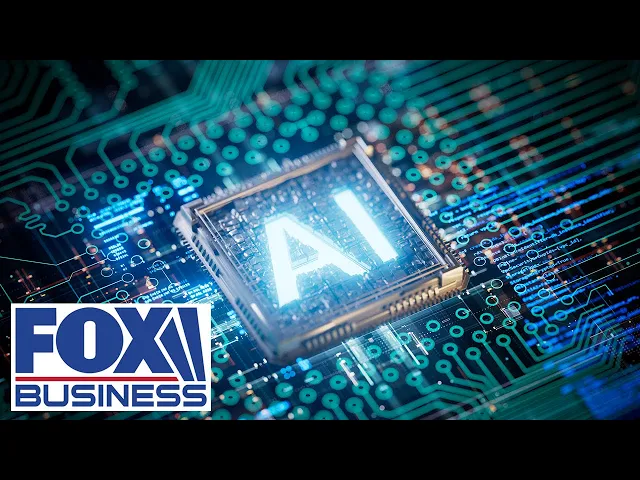Wake-up call from Walmart CEO: AI Is coming for every job

Walmart CEO's wake-up call on AI transformation
In a recent eye-opening CNBC interview, Walmart CEO Doug McMillon delivered a stark reality check about artificial intelligence's impending impact on the workforce. His message wasn't the typical executive posturing about efficiency gains—it was a genuine call to action about AI's capacity to transform virtually every role in his company's 2.1 million-strong workforce. As someone at the helm of the world's largest private employer, McMillon's perspective offers a particularly consequential window into how AI might reshape work across the economy.
Key insights from McMillon's perspective
-
Universal job transformation: McMillon emphasized that AI will touch every position at Walmart—from store associates to corporate functions—though he carefully positioned this as job transformation rather than elimination.
-
Productivity imperative: The Walmart chief highlighted how AI would make associates more productive, enabling them to accomplish tasks faster and focus on higher-value activities like customer service.
-
Competitive necessity: McMillon framed AI adoption not as optional but as essential for corporate survival, suggesting companies that fail to leverage these technologies effectively will struggle to remain competitive.
The most compelling insight
What struck me most was McMillon's practical, middle-path approach to AI implementation. Unlike Silicon Valley's occasionally hyperbolic AI evangelism or labor advocates' sometimes reflexive resistance, McMillon articulated a pragmatic vision where technology augments human work rather than replacing it wholesale.
This matters tremendously because it offers a template for how established companies might navigate AI integration without creating unnecessary panic or overlooking genuine disruption risks. Walmart's scale means its approach could become a de facto standard for retail and beyond. McMillon's framing suggests a future where jobs evolve rather than disappear, with technology handling routine tasks while humans focus on judgment, creativity, and interpersonal connections.
What the interview missed
The interview, while informative, left several crucial angles unexplored. First, Walmart's historical technology integration provides important context. The company has consistently been ahead of retail technology curves—from supply chain optimization systems in the 1980s to more recent investments in e-commerce and automation. Each wave initially sparked job concerns, yet Walmart's employment has generally grown throughout these transitions, suggesting potential patterns for AI adoption.
There's also a geographical dimension worth considering.
Recent Videos
How To Earn MONEY With Images (No Bullsh*t)
Smart earnings from your image collection In today's digital economy, passive income streams have become increasingly accessible to creators with various skill sets. A recent YouTube video cuts through the hype to explore legitimate ways photographers, designers, and even casual smartphone users can monetize their image collections. The strategies outlined don't rely on unrealistic promises or complicated schemes—instead, they focus on established marketplaces with proven revenue potential for image creators. Key Points Stock photography platforms like Shutterstock, Adobe Stock, and Getty Images remain viable income sources when you understand their specific requirements and optimize your submissions accordingly. Specialized marketplaces focusing...
Oct 3, 2025New SHAPE SHIFTING AI Robot Is Freaking People Out
Liquid robots will change everything In the quiet labs of Carnegie Mellon University, scientists have created something that feels plucked from science fiction—a magnetic slime robot that can transform between liquid and solid states, slipping through tight spaces before reassembling on the other side. This technology, showcased in a recent YouTube video, represents a significant leap beyond traditional robotics into a realm where machines mimic not just animal movements, but their fundamental physical properties. While the internet might be buzzing with dystopian concerns about "shape-shifting terminators," the reality offers far more promising applications that could revolutionize medicine, rescue operations, and...
Oct 3, 2025How To Do Homeless AI Tiktok Trend (Tiktok Homeless AI Tutorial)
AI homeless trend raises ethical concerns In an era where social media trends evolve faster than we can comprehend them, TikTok's "homeless AI" trend has sparked both creative engagement and serious ethical questions. The trend, which involves using AI to transform ordinary photos into images depicting homelessness, has rapidly gained traction across the platform, with creators eagerly jumping on board to showcase their digital transformations. While the technical process is relatively straightforward, the implications of digitally "becoming homeless" for entertainment deserve careful consideration. The video tutorial provides a step-by-step guide on creating these AI-generated images, explaining how users can transform...
